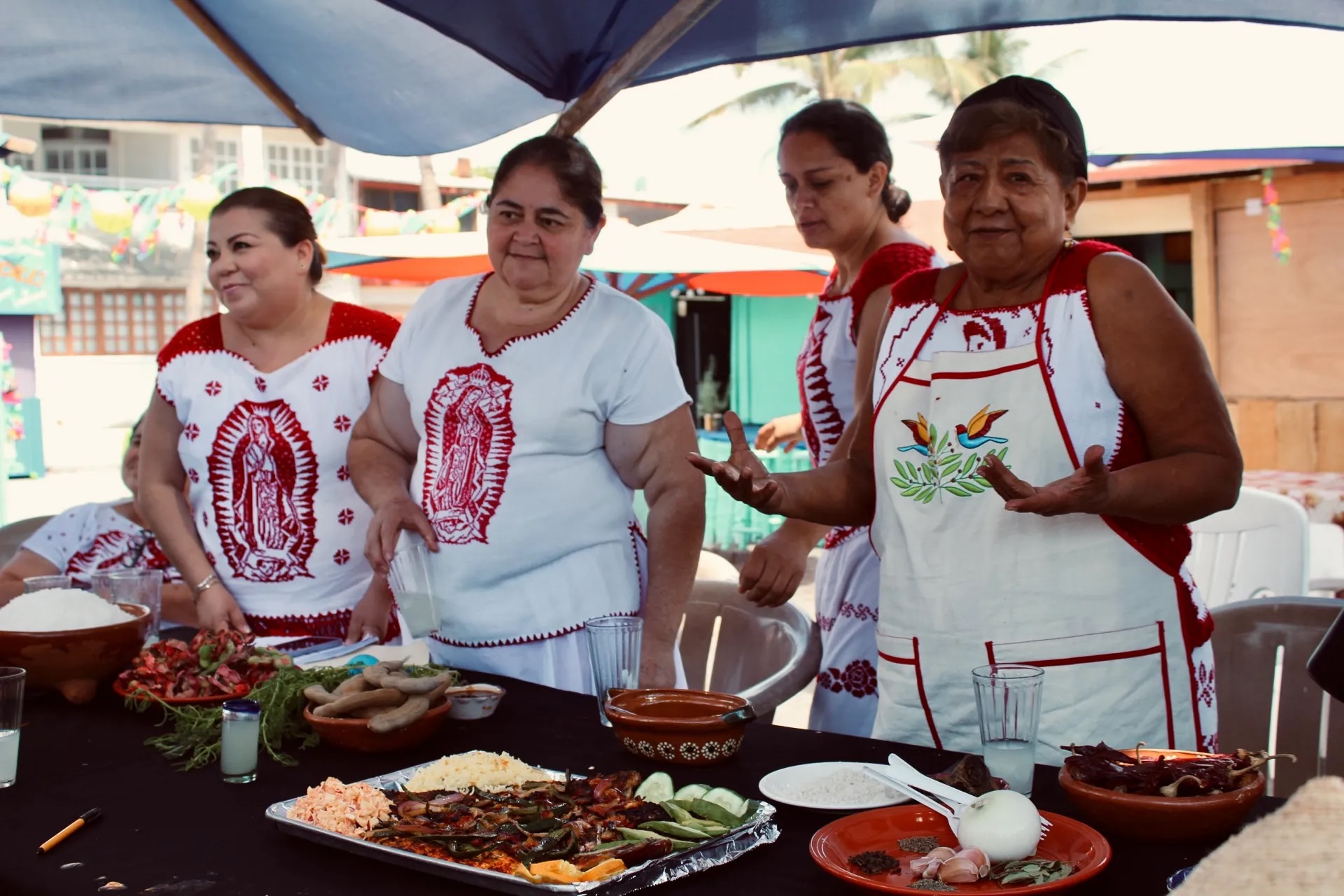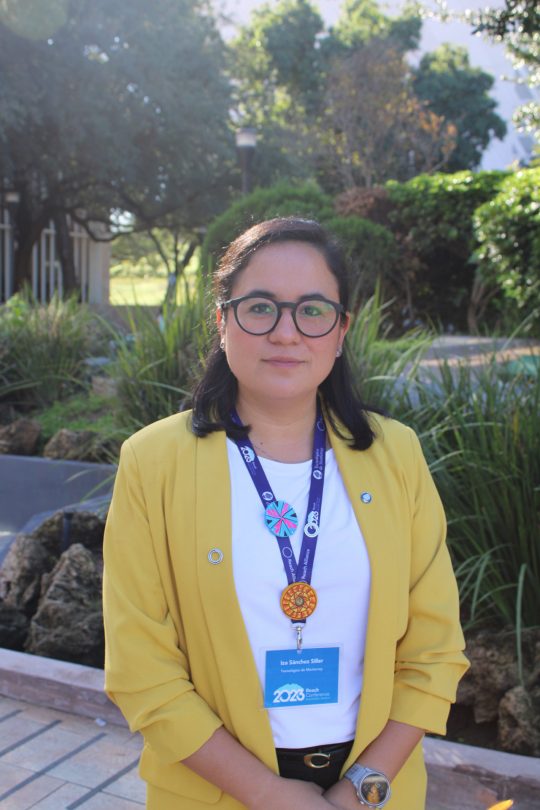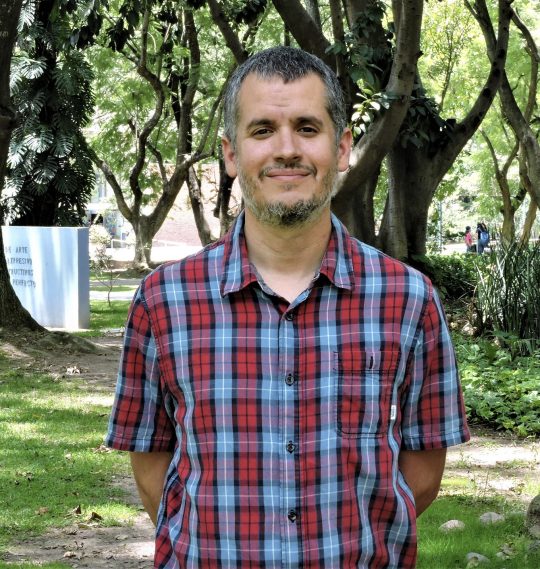
Mexico
From Kitchen to Community: Exploring the Impact of the Mujeres del Fuego Collective on Culinary Traditions, Identity, and Sustainability in rural Mexico
- Status
- Active Research
- Research Year
- 2025-26
Traditional cuisine is a vital component of cultural identity and a conduit for preserving generational knowledge linked to the care, utilization, and preservation of local ingredients. Yet, these traditional practices are under threat as more dominant modern, industrialized food systems prioritize profit and efficiency. By viewing food as a commodity, modern systems can erode culturally grounded food production and consumption models. Faced with this situation, traditional cooks have begun to weave networks with the aim of using their culinary traditions to foster collective resistance and reclaim their ancestral knowledge. This case study will explore how Mujeres del Fuego, a women’s collective of traditional cooks in Colima, is advancing food sovereignty while also challenging women’s gender-based roles in rural Mexican society.
Mujeres del Fuego gathers women whose kitchens serve as living repositories of regional cultural heritage, and in just over eight years the collective has brought together cooks from state of Colima, participating in various forums across the country and abroad, sharing the knowledge and recipes that have been in their families’ kitchens for generations. Each dish embodies a deep relationship with the land and its resources. Through their individual and collective efforts, they are reclaiming the right to healthy, culturally appropriate food produced in harmony with local ecosystems.
The collective has become a platform for mutual learning and visibility, allowing cooks to share their knowledge, collaborate on projects, and assert greater control over the transmission and economic value of their culinary knowledge. Their work not only preserves their craft but also creates new pathways for income, leadership, and recognition in communities where gender roles have long been established.
By analyzing the work and impacts of Mujeres del Fuego, this case study will contribute to broader discussions on cultural sustainability, food sovereignty, and the socioeconomic empowerment of women in rural contexts. This project is a collaboration with long-standing research partner ITESO Universidad Jesuita de Guadalajara.
Researchers
Mentors
-

University of Toronto
Erica Di Ruggiero
Associate Professor of Global Health and Director of the Centre for Global Health, Dalla Lana School of Public Health, University of Toronto
-

Tecnológico de Monterrey
Iza Maria Sánchez Siller
Professor at School of Humanities and Education, Tecnológico de Monterrey
-

Gregorio Leal
Interdisciplinary Center for Education and Social Outreach (CIFOVIS)







